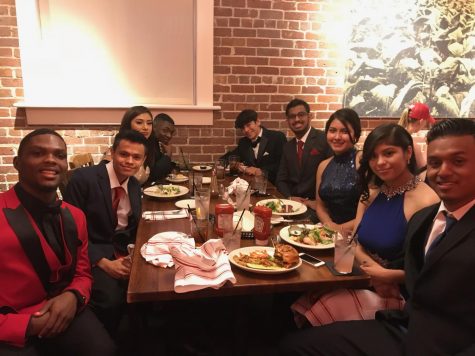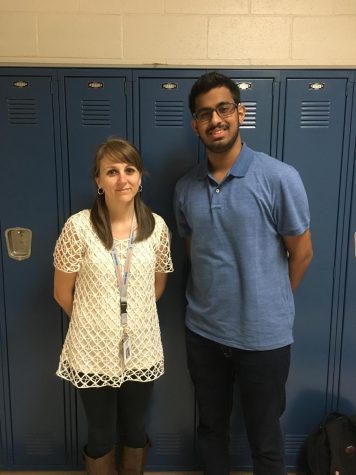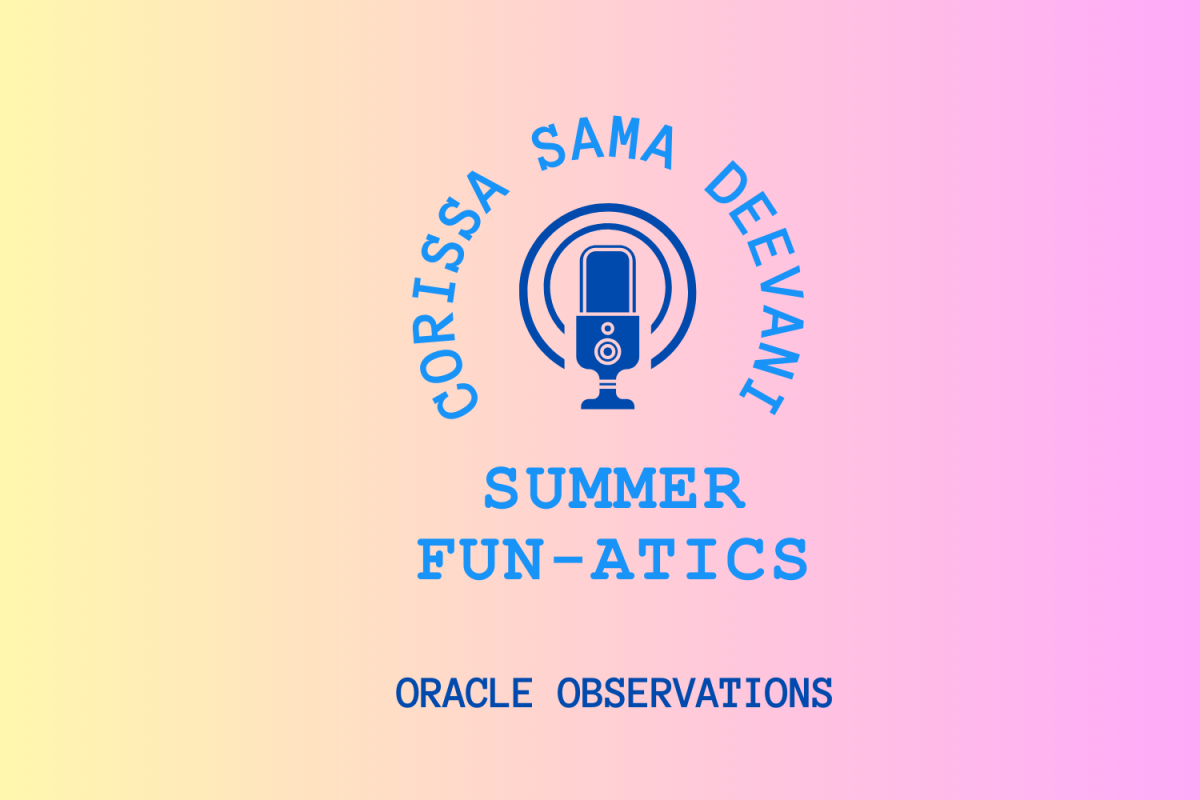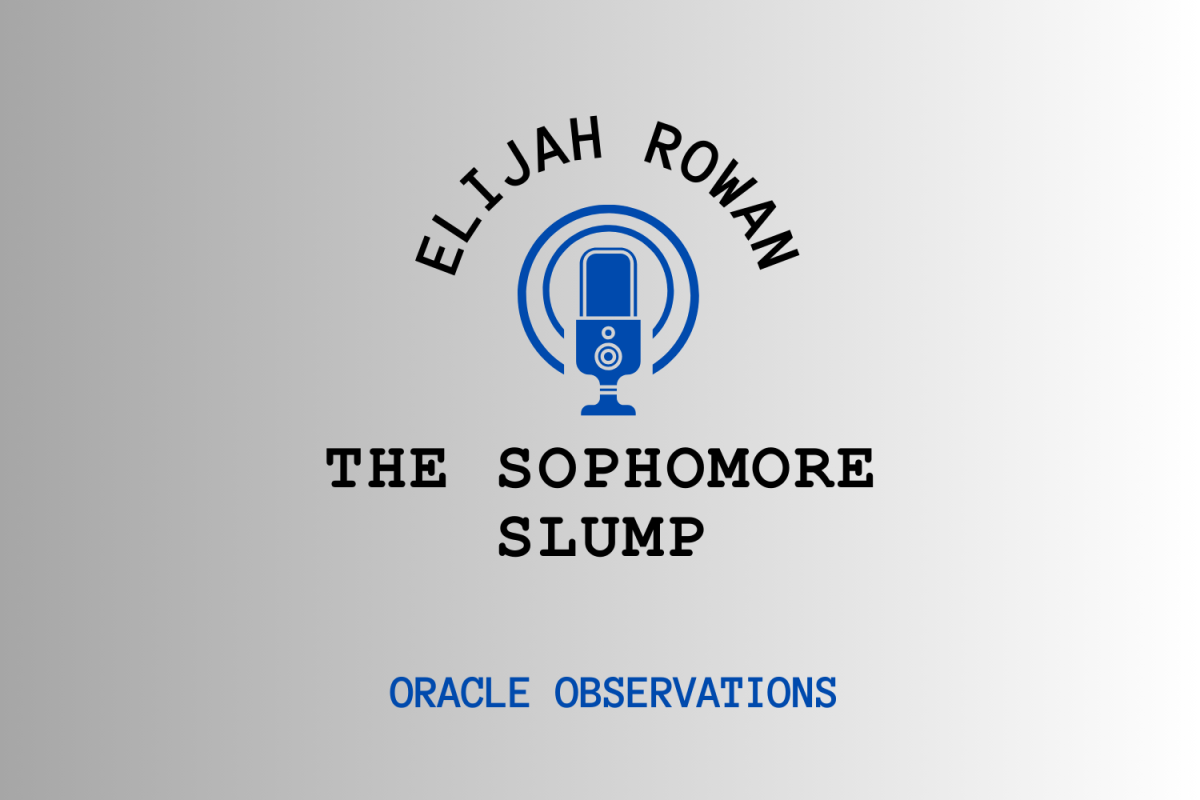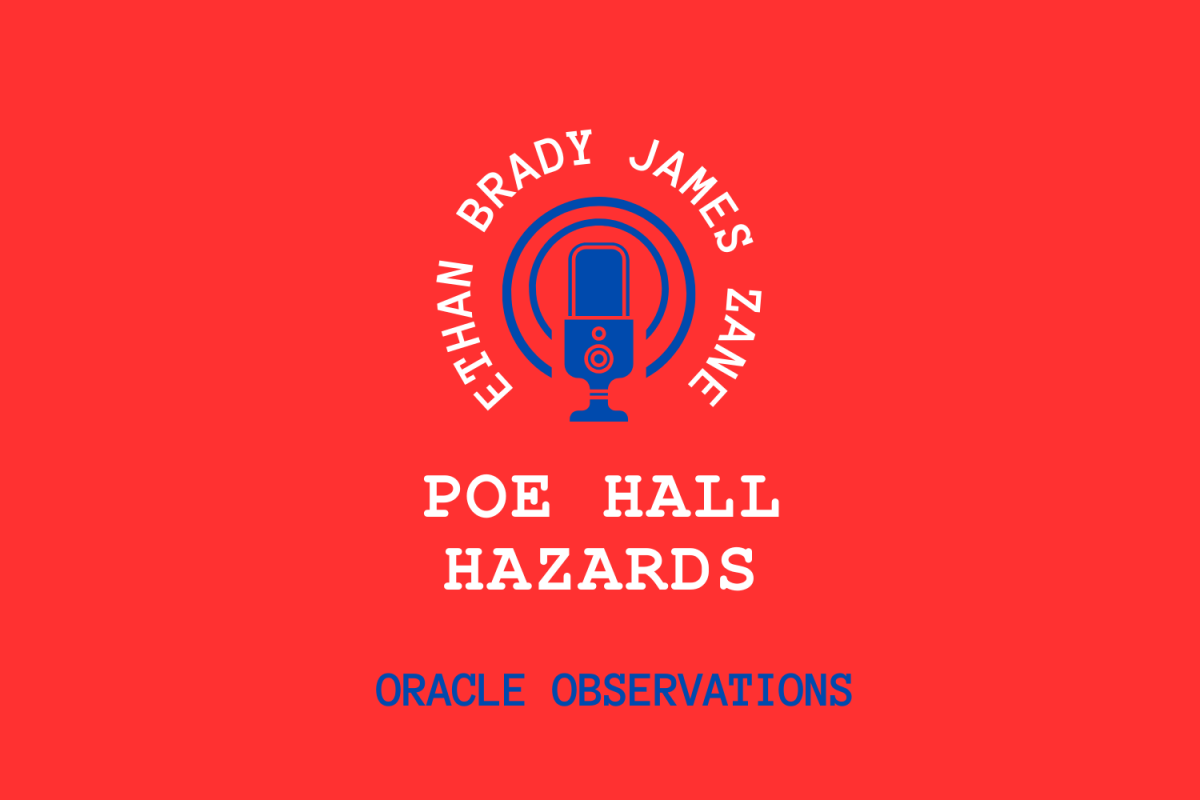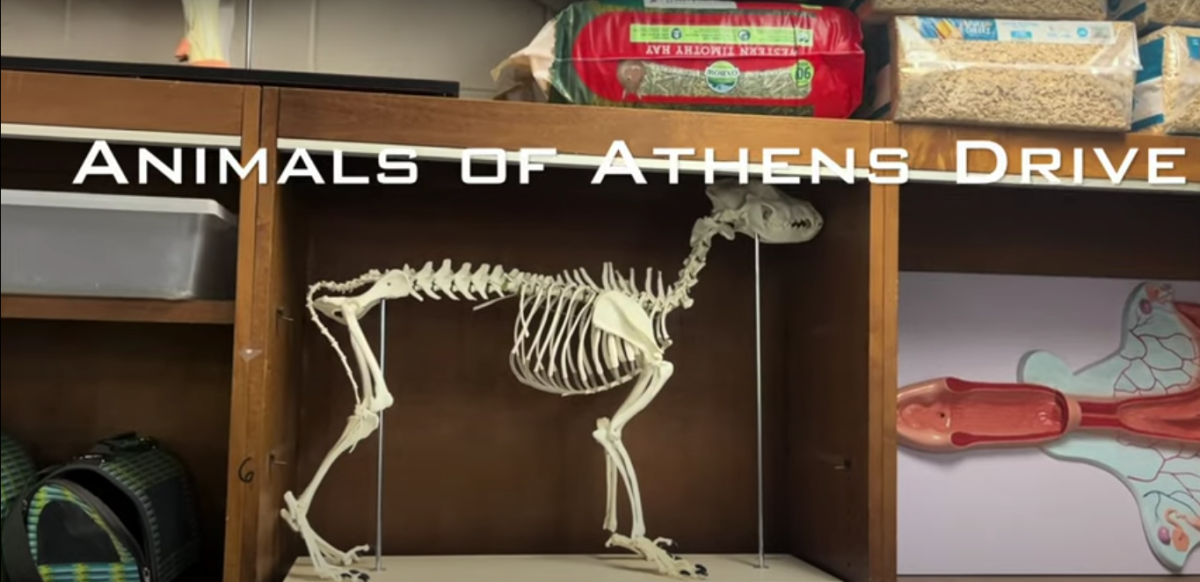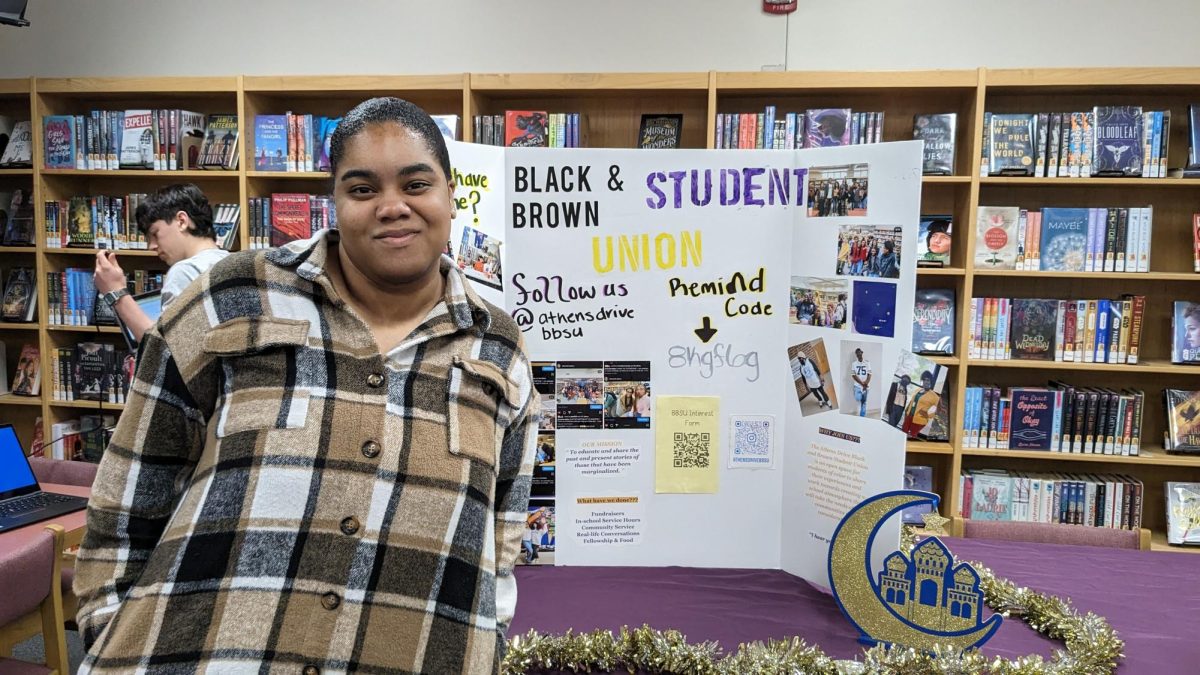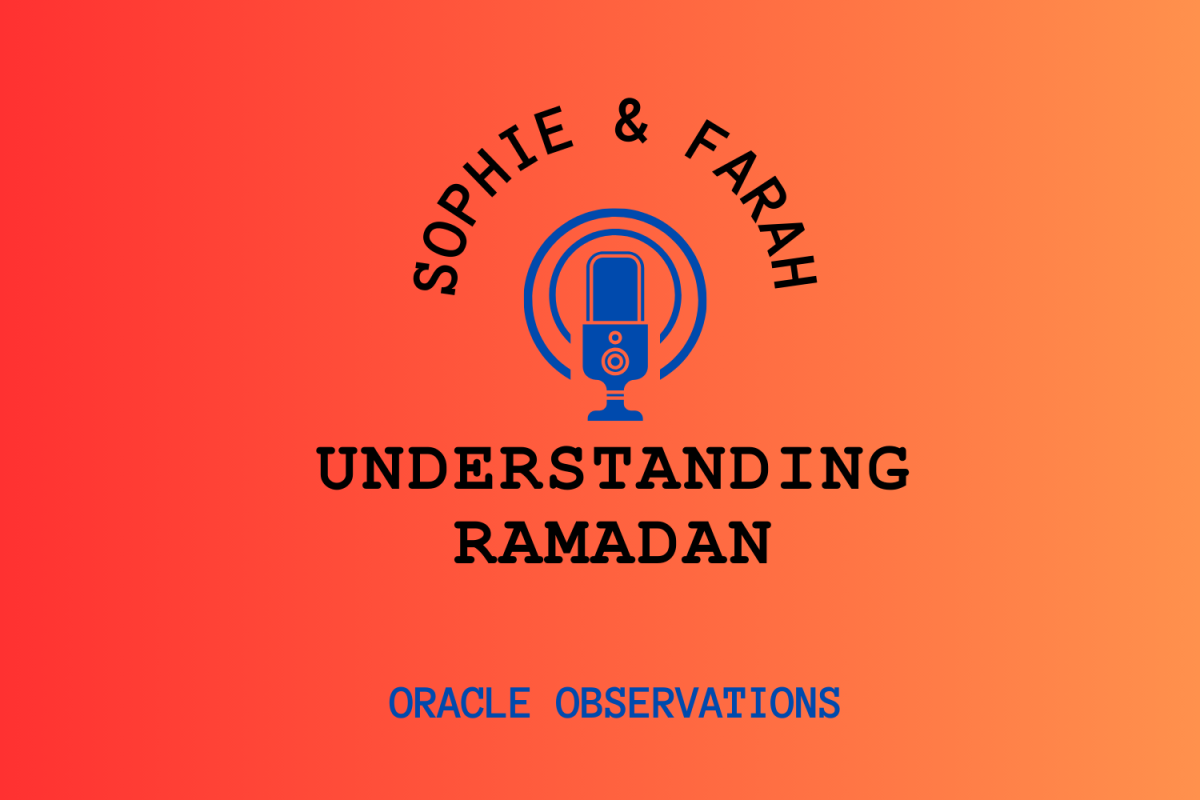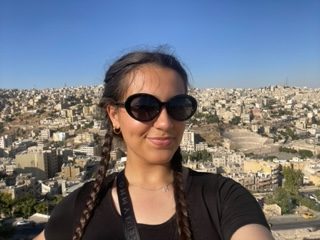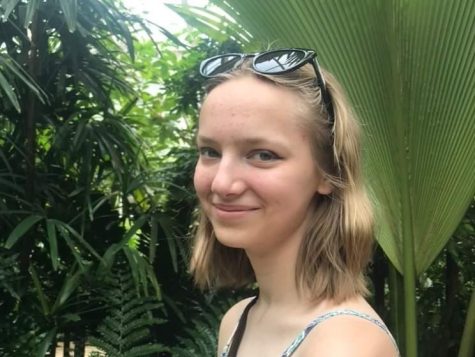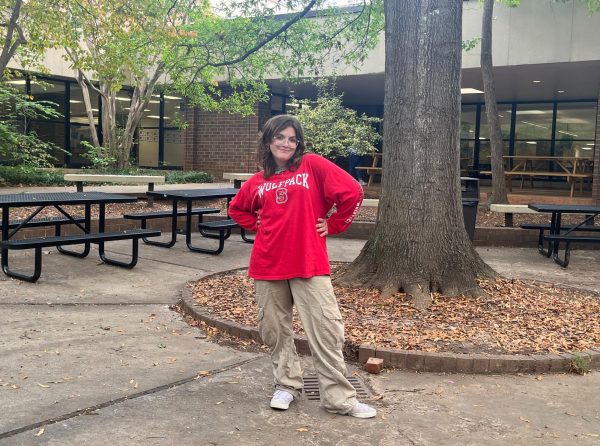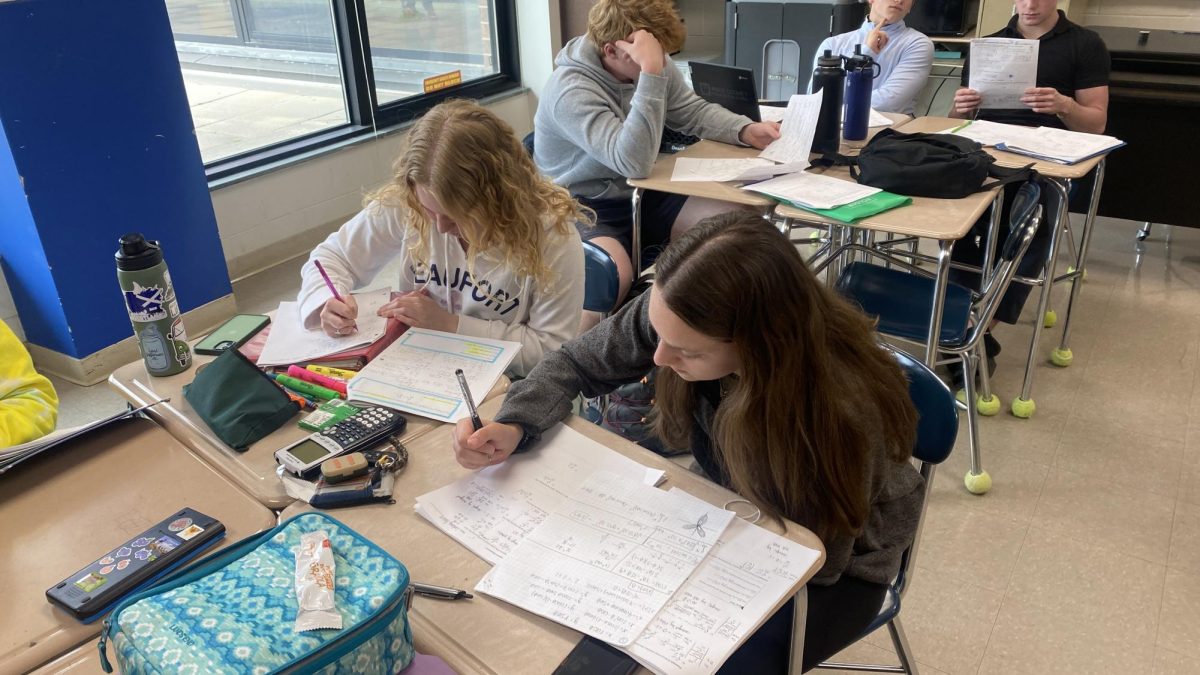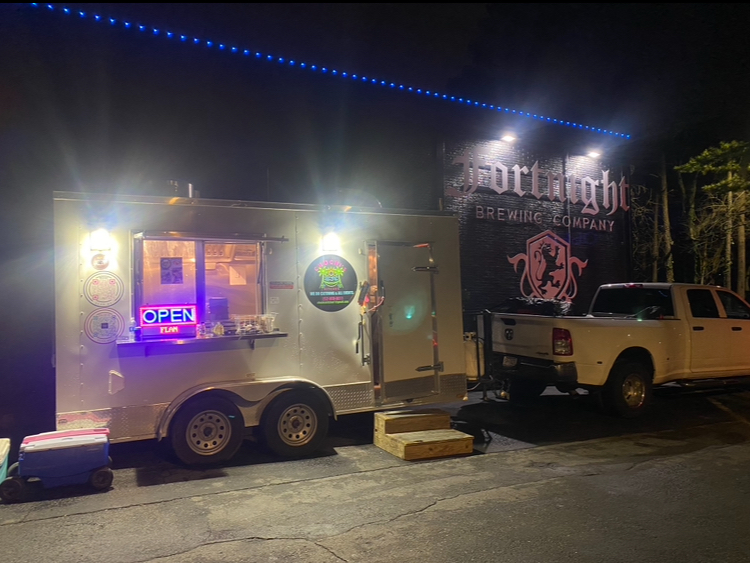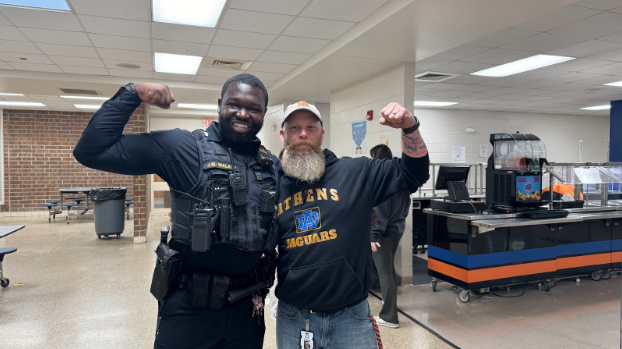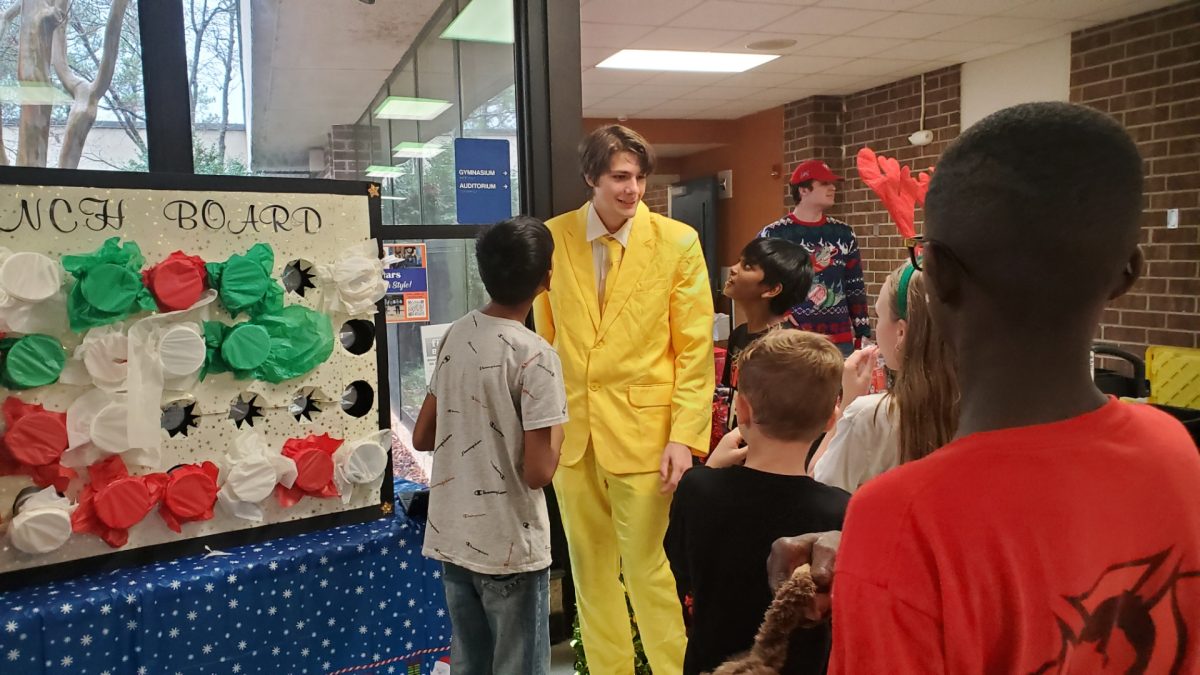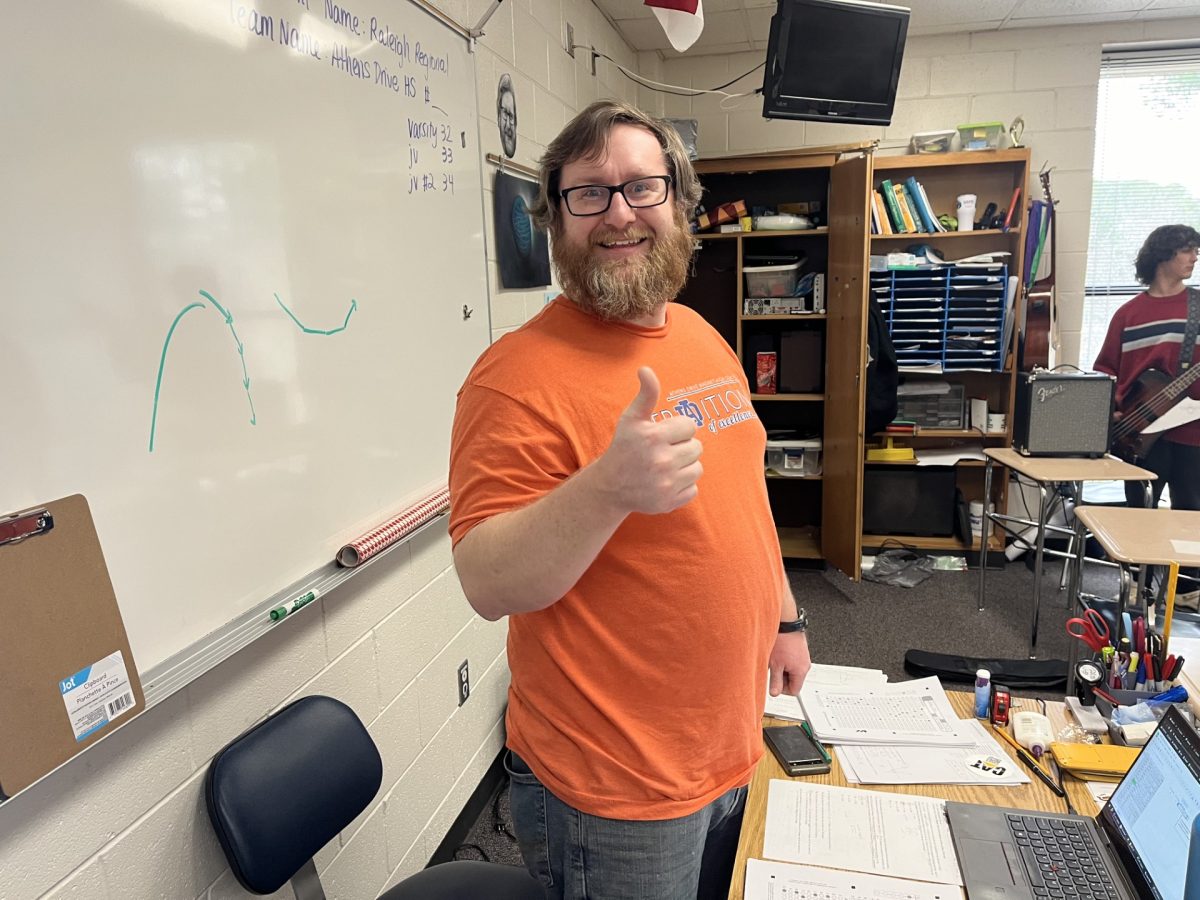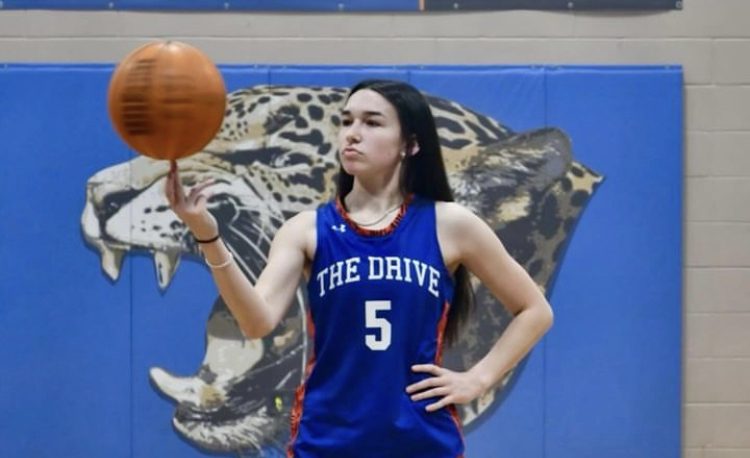Athens Drive has a specialized program for the Deaf and Hard-of-Hearing (DHH) students of Wake County that offers more intensive one-on-one instruction. The focus is usually on literacy because that is where most students struggle. Students with a hearing loss often do not hear the ending of words such as “ing” or “s”, and can fall behind in literacy development compared to their hearing peers. As years go by and they begin high school, they could be two to three years behind when it comes to reading levels. Included in the classes are intensive reading instruction and sometimes auditory listening skills.
“Deaf people do face challenges because they cannot hear but they are able to overcome these barriers in ways hearing people don’t think about. Hearing people just say deaf people can’t do it, but they can, They can communicate and do everything hearing people can do, especially with technology. Each DHH person is different in how they hear and what accommodations they need.” said Kelly Hodgins, Extended Course of Study Certificate Program (Deaf ECS) teacher.
Signing deaf students are usually further behind because they miss the auditory information that surrounds them. 90 percent of DHH students are born to hearing parents who do not sign or learn to sign. The only language input they have is at school. They do not get the incidental learning from conversations that occurs around their hearing peers. Hearing students are exposed to language everywhere they go, while deaf students are not unless it is expressly told to them. The cause of them falling behind is not an intelligence issue, but rather an exposure issue.
“An interpreter helps me. Sometimes I don’t understand what a teacher is saying and an interpreter will have to translate what they are saying to me in ASL. This helps me understand and feel better about the material,” said Mairon Guzman, senior
At Athens Drive, there are DHH students in the Future Courses Study, Occupational Courses Study and Deaf ECS. These students come to Athens Drive from their base schools where teachers of the DHH can individualize instruction to meet their needs. Athens Drive has American Sign Language (ASL) interpreters to give signing students access to the curriculum. Sometimes additional accommodations need to be made such as not turning off the lights in the classroom when there is an ASL interpreter in the room. Many students are not aware that the tennis balls on the bottom of desks and chairs are also to limit distractions for deaf students.
Historically, The DHH program usually has about 25 students on average, but the number is declining because of Wake County’s “Back to Base” initiative. The “Back to Base” initiative means that DHH students will stay at their base school rather than coming to Athens Drive. Hodgins started teaching Deaf ECS students this year, and wanted to have more hands on activities. Chris Burt, Deaf ECS Teaching Assistant (TA) had the idea of making a motorized bike. Stephen Mares, Athens Drive Principal approved the project and bought the engine to build it. The students are learning about the different parts and how they work. They are about halfway through making it. Once it is finished, Burt will test drive it to make sure it is safe and working before asking Mares to ride it. They are planning on decorating the bike in the future and giving it a use on school campus.
There are many misconceptions about deaf students. One being that because they can not speak, they can not communicate. Deaf people are able to communicate like everyone else, just in a different way. They may use signals, gestures, writing, visuals and signs to help someone understand what they are trying to say. Another misconception is that deaf people are not smart. Being deaf does not mean that their brain is affected, just their ears. This means DHH people can learn and do all of the things that hearing people do.
Not all deaf people are the same. There are many different levels of deafness, just like there are many different eye glasses prescriptions.
“The most common problem I face is that teachers forget to put closed captions on, and I have no idea what a person is saying,” said Sahej Walia, junior.
Other misconceptions include thinking deaf students or the classroom is quiet. A lot of their communication is through movement, tapping and vibrations which can cause the classroom to become loud. Lastly, not all DHH people can read lips and understand everything a person is saying just from lipreading. Even the best lip readers will only be able to catch 25 to 30 percent of what someone is saying.
“The only thing I think is different (about DHH students) is the learning. Deaf people learn visually such as from signing. For hearing people, they are able to learn auditorily” said Walia, junior.
